Could Speaking Spanish Every Day Benefit Your Child?
By Priscilla St. John, Director of Publications & Special Projects at Forsyth Country Day School
In Señora Maria-Theresa Ortiz Thompson’s classroom one September morning, a huge, colorful map of South America is pulled up on the SmartBoard as second graders learn about its countries.
“¿Cuántos países hay en Sudamérica?” Señora Ortiz asks.
“¿Diez?” one student volunteers.
“Un poco mas,” Señora Ortiz replies. Students count countries in a frenzy, until one finally calls out “Trece!”
“Dame cinco!” Señora says, giving him an enthusiastic high five.
Daily Conversations and Storytelling Teach Naturally
Conversations like these – conducted almost entirely in Spanish – happen every day in Forsyth Country Day School’s Lower School, which features daily conversational Spanish in kindergarten through fourth grade.
Conversational Spanish relies on having relatable conversations that focus on real-life situations. “We teach in a natural way,” said Señora Ortiz, who developed the Lower School world language curriculum and teaches second to fourth graders. “We don’t focus on the parts of speech. If you speak to one another and tell stories, you access the vocabulary through the story, and you retain it better. Grammar and vocabulary come instinctively.”
Combining Spanish conversations with additional subjects – like geography – is key. “It’s helpful to teach the language combined with other subject matter,” she said. “It helps them to make connections.”
A Young Age is the Perfect Time to Start
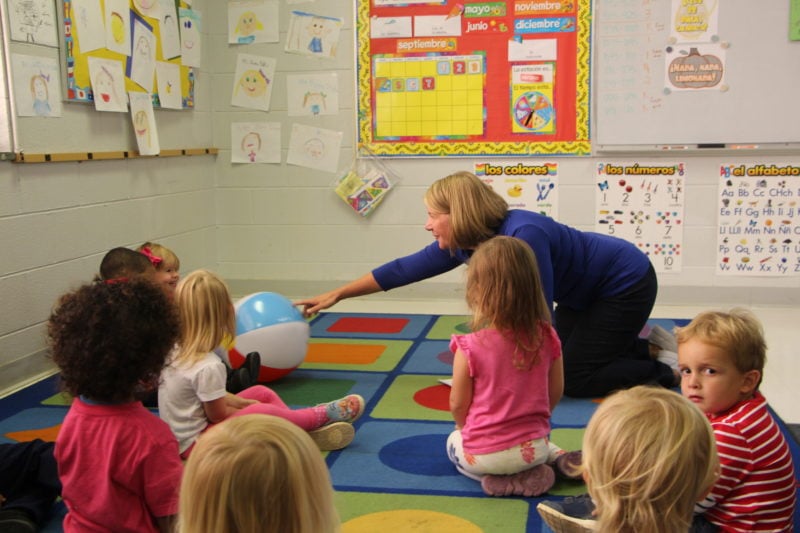 Making those connections –and learning language in general – is far easier when you’re young, Señora Ortiz said. “Your brain is so pliable at a young age. It’s been shown time and again that your brain stores your native language in addition to any second, third, or fourth language you learn in the same part of the brain until age 12. When you learn young, you don’t have to consciously transition from the native language to another language.”
Making those connections –and learning language in general – is far easier when you’re young, Señora Ortiz said. “Your brain is so pliable at a young age. It’s been shown time and again that your brain stores your native language in addition to any second, third, or fourth language you learn in the same part of the brain until age 12. When you learn young, you don’t have to consciously transition from the native language to another language.”
Additionally, early language learning provides a jump start to sounding like a native. “When you learn language early, you get the tone, melody, and accent of a native,” Señora Ortiz said. “Later, you need to work at that.”
Shelia Shearin, who teaches children in the Early Advantage Program (EAP) twice a week and kindergarten and first graders daily, agreed. “It’s the perfect time to introduce a second language,” she said. “It’s a huge benefit that helps with the acquisition of both the Spanish and English languages.
According to Lower School Director Dennis Moser, this kind of world language learning is not common. “Local public schools, with the exception of a few immersion programs, don’t have world languages in elementary school anymore,” he said. “It’s a huge advantage for our kids.”
Even as student progress as Spanish speakers, it always stays fun. “This is a very interactive classroom,” Señora Ortiz said. “We use puppets and costumes, watch videos, and read stories.”
Daily Language Prepares Students for What’s Ahead
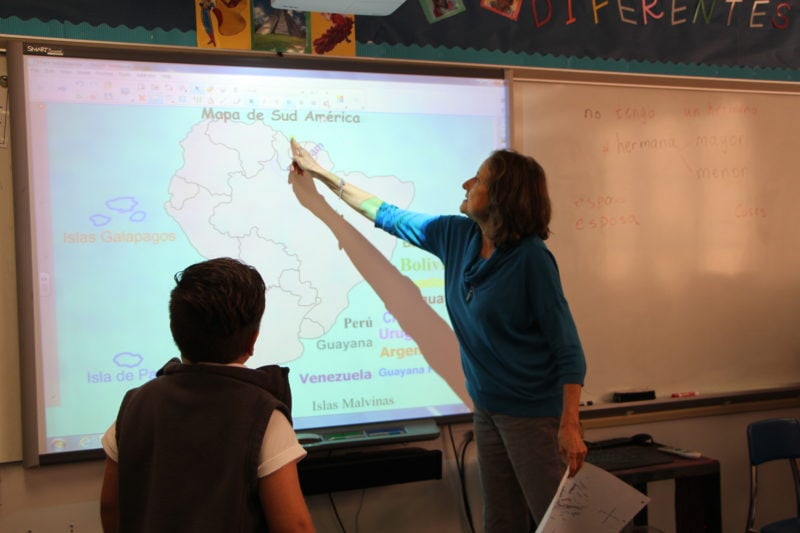 By the time they get to Middle School – fifth grade at FCDS – they’re ready. Fifth and sixth grade Spanish teacher Kristin Boone said she has seen a dramatic increase in students’ proficiency since the school started daily Conversational Spanish.
By the time they get to Middle School – fifth grade at FCDS – they’re ready. Fifth and sixth grade Spanish teacher Kristin Boone said she has seen a dramatic increase in students’ proficiency since the school started daily Conversational Spanish.
“The way it’s set up now, students have the freedom to really live up to their potential as language learners,” Señora Boone said. “They can express themselves and communicate in another language. They have a lot of vocabulary now. They have a great base and they’re ready to express their own ideas by the time they get to fifth grade.”
For students who come to FCDS in Middle School, there are transitional classes to help them catch up with their new classmates and build their skills quickly.
Respect for Different Cultures and People is a Significant Bonus
The appreciation of Spanish-speaking cultures and a respect and appreciation for cultural differences in general is another notable benefit. “Part of language learning is the culture. We learn and respect that there are different people with different languages and ways of doing things,” Señora Shearin said. “That opens up a lot of curiosity about the world for these children.”
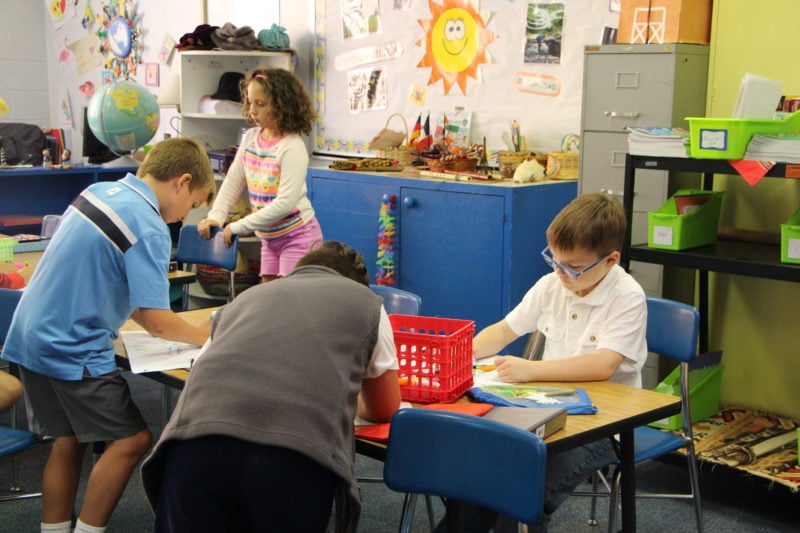 Señora Ortiz, a native of Bolivia, said that learning a second language opens up your world to understanding the diversity of perspectives that exist. “It helps you see and speak in grays instead of blacks and whites, “she said. “You’re more adaptable, respectful, and humble. “
Señora Ortiz, a native of Bolivia, said that learning a second language opens up your world to understanding the diversity of perspectives that exist. “It helps you see and speak in grays instead of blacks and whites, “she said. “You’re more adaptable, respectful, and humble. “
Dr. Moser concurred. “We really want our children to gain cultural awareness so that they appreciate the beauty of difference and the value of diversity.”
Want to explore what’s ahead for your child’s education? Visit fcds.org. Then contact admission@fcds.org or call 336-946-1657 to schedule a tour.
- Sponsored by Forsyth Country Day School

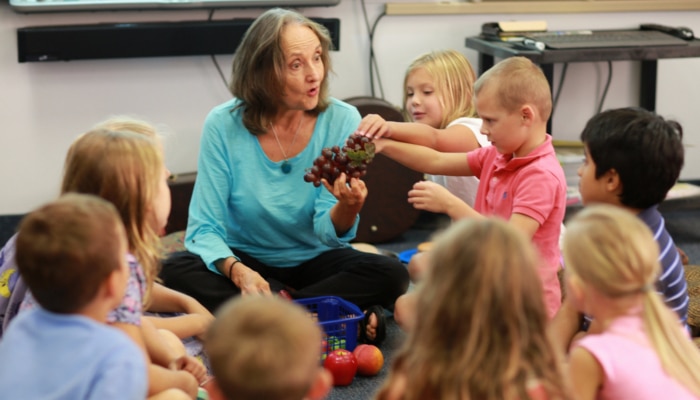
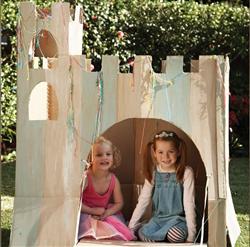

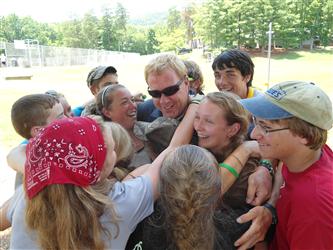

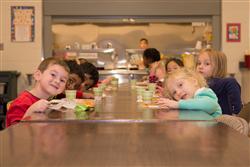
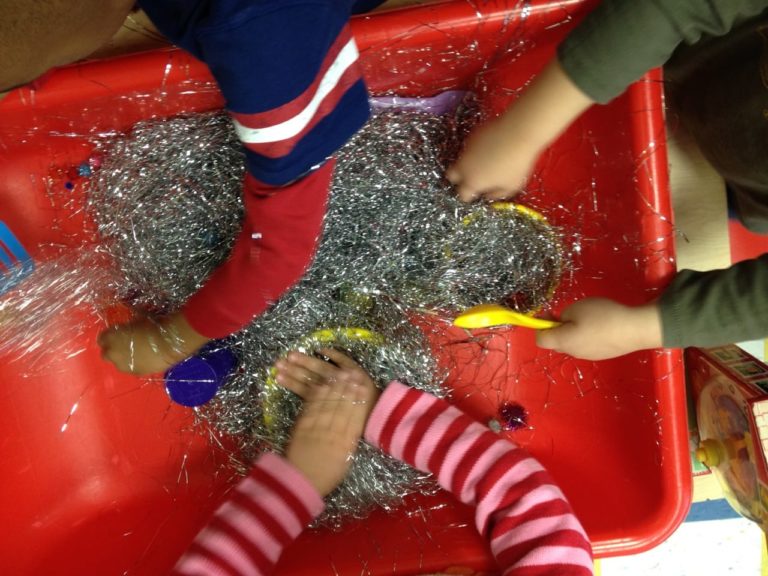
World language educators at FCDS, and the whole program, are 2nd-to-none. Very well said, Señora Ortiz, “Learning a second language opens up your world to understanding the diversity of perspectives that exist. It helps you see and speak in grays instead of blacks and whites.” What’s more, learning a second language also advances our children’s abilities in English (or whichever native language). “Those who know nothing of foreign languages know nothing of their own.”― Johann Wolfgang von Goethe